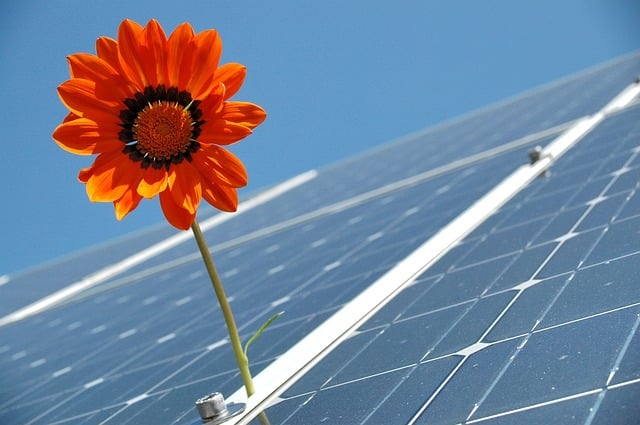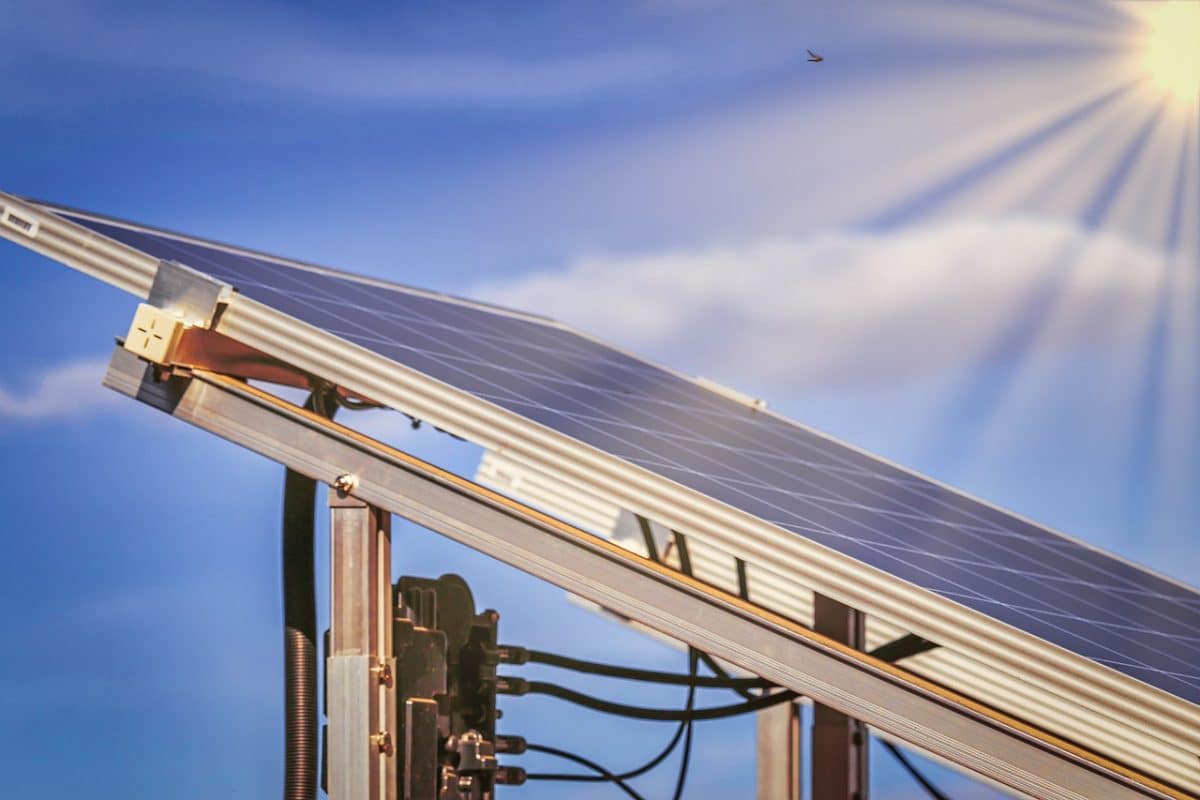Zalety energii słonecznej i wady
Solar energy has received increasing attention as a clean and renewable energy source with humanity’s growing focus on renewable resources. What are the advantages and disadvantages of solar energy? This article analyzes the pros and cons of solar energy in aspects like cost-effectiveness, niezawodność, pollution, application scope, itp.

Zalety
- Odnawialność. Solar energy comes from the sun and is a sustainable and clean energy source.
- Opłacalność. The initial investment in building solar power plants is high, but the operating costs are low. In the long run, solar energy is economically viable.
- Eco-friendliness. The use of solar energy does not produce greenhouse gas emissions, having minimal environmental impact.
- Reliability and safety. Solar energy systems are simple to operate with abundant resource supply, thus very reliable.

Wady
- Unstable power generation. Affected by weather and time constraints, the energy output is intermittent and hard to adjust.
- High initial investment. The upfront costs of building solar farms are substantial, making it hard to recover the costs quickly.
- Land usage. Solar photovoltaic farms require large areas of land, occupying usable land.
- Storage difficulties. Large-capacity batteries are needed to store solar energy, which is costly.
- Waste handling. The solar panels need proper disposal and treatment after being decommissioned.

W podsumowaniu, solar energy has great potential for development as an important renewable energy choice, but its intermittency and storage issues need improvement to increase cost-effectiveness and reduce environmental impact.
Skontaktuj się z nami za pośrednictwem WhatsAppa/ e-mail, lub wypełnij formularz, a my skontaktujemy się z Tobą tak szybko, jak to możliwe
